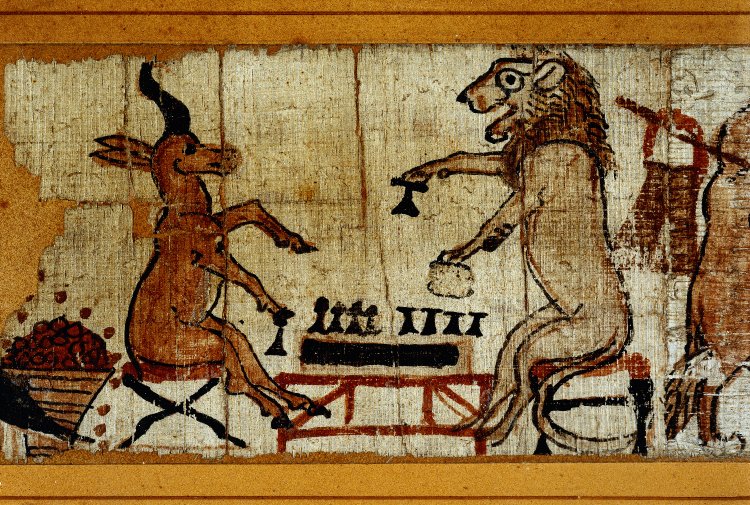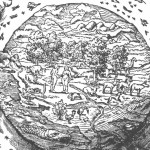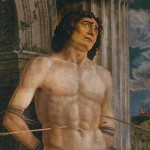
What if you took recent articles and replaced some words as you would in Mad Libs?
Remember playing Mad Libs when you were a teenager? The blanks tended to spillover with health class lingo to generally hilarious results.
I’m reminded of this immaturity as I scan the wasteland of responses to my interview with Catholic climate expert Anthony Annett on Laudato Si’.
Half of the Catholics I know be like:
I’m no expert on environmental issues, buuut . . . here read this piece written by corporate lawyers totally debunking the need for environmental protection. My vested interests have exposed Tony’s vested interests! Checkmate.
In order to disarm some of your resistance to the new encyclical, whose draft you probably haven’t read in Italian, let’s try a game of Mad Libs.
Take this wonderfully informative piece by Dale Ahlquist about Humanae Vitae from Crisis and replace every instance of “encyclical” with “Laudato Si’.”
Here’s a sample text for the laziest among you (replace “it” with “Laudato Si'” for the first sentence, leave “encyclical” alone there):
A leader from an association of Protestant mainline denominations called it “the most important encyclical ever promulgated in the entire history of the papal succession.” He said, “I am glad that this pronouncement is so thoroughly clear-cut and uncompromising.” He was glad that everyone had to be either for it or against it. There was no middle ground . . .
. . . A pastor of a non-denominational church in New York said the encyclical was an example of “a tenth-century mind at work on twentieth-century problems. We are never going to get anywhere with marriage or anything else by going back to St. Augustine.
Do you get the picture about theological dissent? It wasn’t something invented in the 1960’s.
If you want a deeper historical picture check out Carlo Ginzburg’s The Cheese and the Worms: The Cosmos of a Sixteenth-Century Miller.
Nota Bene: Those of you who took the time to go through the whole piece probably noticed that Ahlquist’s piece isn’t actually about Humanae Vitae, but that’s a whole different story.
Speaking of a totally different game, let’s look at an article comparing the Republican/Conservative One-Percenter formerly known as Bruce Jenner. “Why Comparing Rachel Dolezal To Caitlyn Jenner Is Detrimental To Both Trans And Racial Progress” is a much circulated PuffPost piece. The operation here is a little bit more complex. It was suggested to me by professor Fritz Bauerschmidt.
For this passage, replace “transracial” with “transgender,” “blackness” and “black” with “womanhood/woman,” “racial” and “race” with “female,” and finally “Dolezal” with “Jenner.” I told you this was going to be a complex operation (still not sure if I’ve covered all the words that need replacing):
Transracial identity is a concept that allows white people to indulge in blackness as a commodity, without having to actually engage with every facet of what being black entails — discrimination, marginalization, oppression, and so on. It plays into racial stereotypes, and perpetuates the false idea that it is possible to “feel” a race. As a white woman, Dolezal retains her privilege; she can take out the box braids and strip off the self-tanner and navigate the world without the stigma tied to actually being black. Her connection to racial oppression is something she has complete control over, a costume she can put on — and take off — as she pleases.
Who thought playing Mad Libs could be so useful for exploding political myths? It’s a topsy-turvy world we live in.
https://vimeo.com/75113425Ever wonder what if Judith Butler was Ockham’s God?












